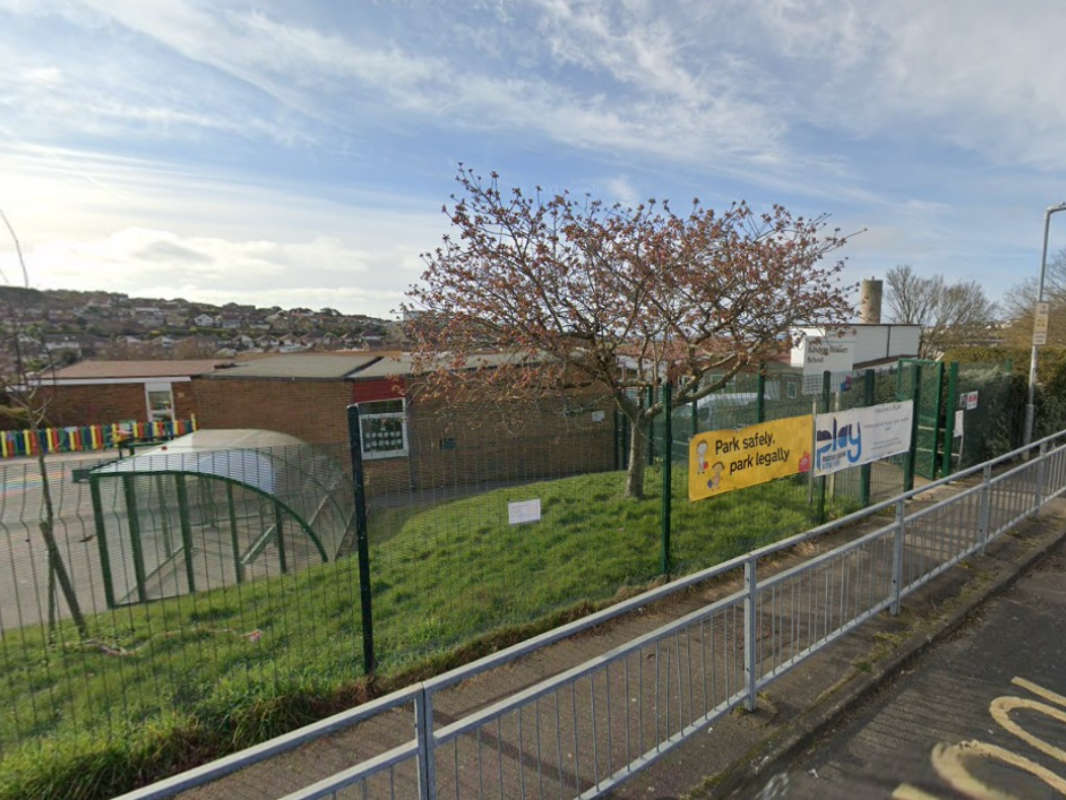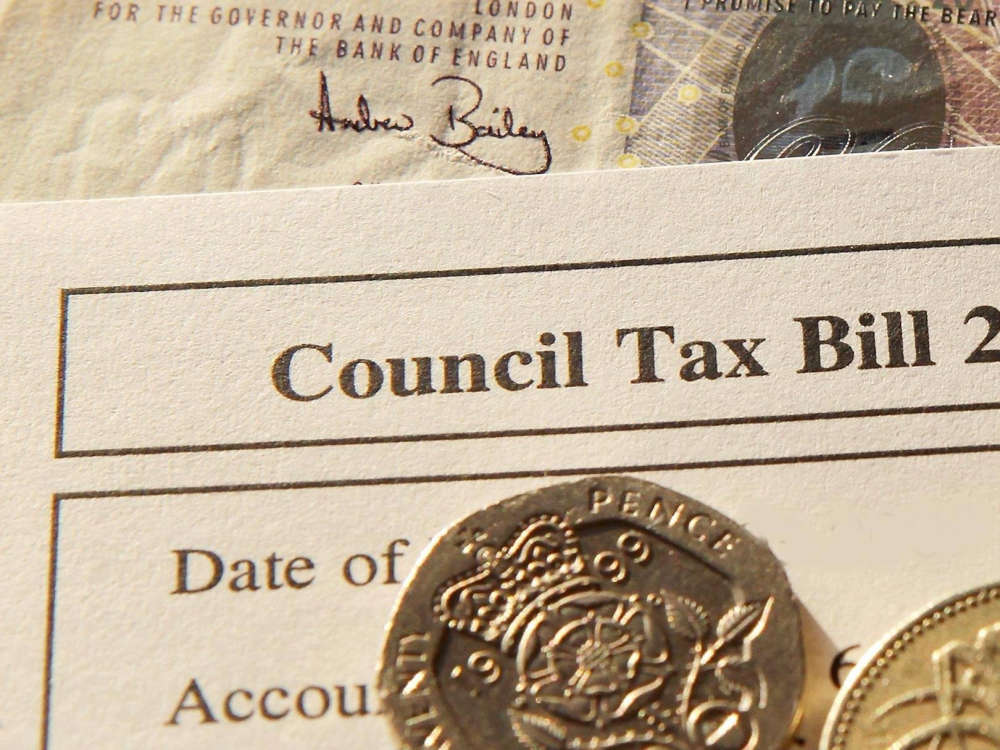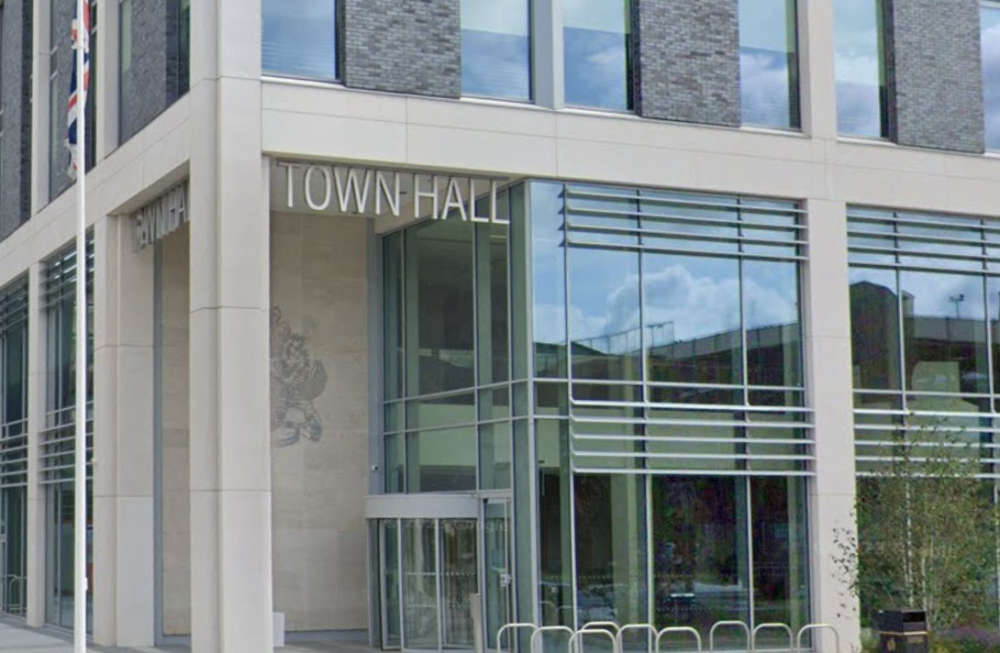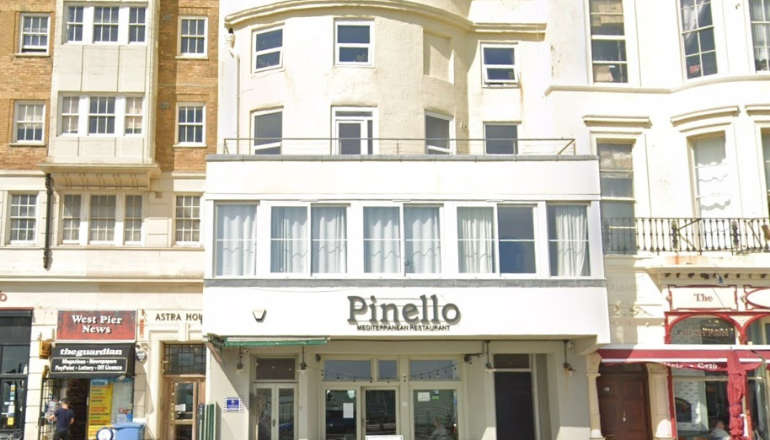
Campaigners fighting proposed cuts to school admission numbers appear to be victorious after councillors prepared to drop their plans.
The parents and supporters objected to changes to reduce the reception year intake at seven Brighton primary schools.
There were concerns that the cuts would disproportionately affect disadvantaged children and those with special educational needs and disabilities.
The changes were due to be approved next week by members of Brighton and Hove City Council as officials try to manage a surplus of hundreds of spare places in primary schools.
But today (Wednesday 26 January) the council’s Children, Young People and Skills Committee said that members would be asked to keep the published admission number – or PAN – for the seven schools unchanged.
The council proposed cutting the intake at each school either by 30 children, known as one form of entry, or 15 pupils – or half a class. The changes would have taken effect in September next year.
Parents, teachers and councillors have campaigned against the cuts, which would also affect each school’s finances.
They have set up petitions, which have signed by thousands of people, and lobbied councillors at meetings – as well planning a protest march at the weekend.
The seven schools were
- Bevendean Primary School
- Carden Primary School
- Coldean Primary School
- Queen’s Park Primary School
- Rudyard Kipling Primary School
- Saltdean Primary School
- Woodingdean Primary School
Carden Primary School parent Abbey Kinslow led a deputation to the council last month, objecting to a plan to cut the school’s intake in half – from 60 children to 30.
She said:
“We are delighted the consultation has shown that it’s not the right time to make adjustments to admission arrangements at the schools concerned.
“Now there will be more time to find a way forward that works for families across our city rather than disproportionately affecting disadvantaged students.”
Conservative councillor Alistair McNair, who represents Patcham ward, backed the campaign and asking questions and voiced his concerns at council meetings.
Councillor McNair, who is also a Carden governor, said:
“This is a fantastic result for Carden Primary School – and especially for the children, the teachers, parents, governors and the community of Hollingbury and Patcham.
“Parents, pupils and teachers ran a phenomenal and heartfelt campaign which highlighted the strength of feeling of a whole community.
“With this result, Carden Primary remains a school able to serve everyone in its community, many of whose children require and deserve the specialist support only their local school could provide.
“It has been an absolute privilege to witness and be a small part of this outpouring of community feeling and belief.”
Some Carden parents were particularly concerned about the future of the school’s specialist speech and language unit.
The head teachers at Woodingdean Primary School and Rudyard Kipling Primary School, which is also in Woodingdean, were battling a drop in their reception intakes from 60 to 45 pupils.
Parents, governors and teachers at both schools were concerned about the prospect of mixed-age teaching if the schools potentially had half a class.
Euan Hanington, at Rudyard Kipling, and Gemma Chumnansin, at Woodingdean, issued a joint statement saying:
“Both Rudyard Kipling Primary School and Nursery and Woodingdean Primary School are delighted that we will continue to be two-form-entry schools in September 2023.
“We are pleased that Brighton and Hove City Council has seen the potential for growth in both of our schools as more families choose to relocate to the attractive Woodingdean area of Brighton and Hove.
“To have two excellent primary schools in Woodingdean, both two-form-entry, will continue to make Woodingdean an enticing area for families to relocate to.”
Conservative councillor Dee Simson, who represents Woodingdean ward, joined parents at public consultation meetings last month to hear people’s concerns and to listen to why the council needed to cut admission numbers.
She said:
“The council’s proposal would have forced many children to travel outside of the village to access a school place – a journey that would require a minimum of two buses or create even more traffic movements by private car.”
“Woodingdean has become a neighbourhood favoured by families for many reasons: its rural environment, more reasonably priced private housing – of which there is an ongoing increase with the demolition of one property to be replaced by three or even four new ones – and the amount of social housing that will always remain in council ownership because of the nature of its non-traditional build.
“Woodingdean is an isolated part of the city that should be allowed to continue to offer primary school places for all children in the village who need and want one.”
Bevendean Primary School parent Leila Erin-Jenkins, one of the leading voices in the School Places Campaign, was also relieved that the school looks like staying as it is.
The school hosts the “Leap Pad” for deaf and hard-of-hearing children across Brighton and Hove, supporting them as they access mainstream education.
She said:
“Everyone at the School Places Campaign is thrilled that the council has finally listened to us.
“We have worked so hard to present our case and prove that these proposals would be detrimental to our children and our city.
“I want to thank the parents, children, staff and governors at the seven schools who have supported our campaign to challenge these proposals.
“We hope any future proposals take into account the impact on children from disadvantaged areas and children with special educational needs and provide a much fairer solution.
“If they do not, we will be prepared to campaign again and fight to stop them just as we have this time.”
The council held a public consultation for seven weeks from mid-November until the start of this month, holding 22 public meetings in person and online.
More than 450 people responded to the online consultation and 320 people attended virtual meetings while 268 turned up at meetings in person.
Almost 70 per cent of those who responded to the consultation objected to the plans to cut admission numbers.
Green councillor Hannah Clare, who chairs the council’s Children, Young People and Skills Committee, said that she had always said that her mind was not made up.
And, along with fellow councillors on the committee, she said that she was pleased to have been able to listen to parents’ concerns.
Councillor Clare said:
“We know this will leave us with a number of spare places. However, we hope to use the coming years to continue to engage with schools, in particular, larger schools, who we feel can work with us to address the impact that a sharp decline in pupil numbers will have on our schools.
“This is particularly concerning to smaller schools that often serve more deprived communities and, given that, we want to do all we can to keep schools open.
“While we are pleased to have been able to consider each of the schools this year in turn, and to discuss with them the proposals, sadly the continued fall in pupil numbers over the next few years means that we will have to look again at how we address this in future.
“Our frustration lies with the government’s ideological approach to school place planning, where the schools adjudicator has then stepped in and ruled that larger schools in our city should not reduce their PANs.
“In this year’s consultation, we followed the direction of the schools adjudicator through gritted teeth – and we will look to a different approach in future years.”
Labour councillor Jackie O’Quinn, who speaks for her party on the council’s Children, Young People and Skills Committee, said that she was relieved.
She said:
“After having listened to parents at the consultation meetings and visiting several of the schools involved, it was obvious these were schools strongly embedded in their local communities.
“The schools are well run in every way and take in some of the most disadvantaged children in the city as well as SEND pupils and those from diverse backgrounds.
“I am delighted and relieved that this extra stress was removed from these amazing schools. After all, we are still in a pandemic and schools have had to – and still do – deal with all that that has involved.”
Last year Brunswick Primary School, Goldstone Primary School, Stanford Infant School and Downs Infant School all successfully appealed against proposed cuts to their admission numbers from this September.
Council forecasts indicated that parents would apply for just 1,930 reception places in primary and infant schools in September 2025 – down 20 per cent from last September.
The council’s Children, Young People and Skills Committee is due to meet at Hove Town Hall at 4pm on Monday (31 January). The meeting is scheduled to be webcast on the council’s website.


 Officers Release New Images Following Chichester Assault
Officers Release New Images Following Chichester Assault
 Sussex Apprentices Share Experiences During National Apprenticeship Week
Sussex Apprentices Share Experiences During National Apprenticeship Week
 Appeal After Repeated Criminal Damage At Crawley Address
Appeal After Repeated Criminal Damage At Crawley Address
 Former Hove Scout Leader Jailed For Dozens Of Child Sex Offences
Former Hove Scout Leader Jailed For Dozens Of Child Sex Offences
 Men Found Not Guilty Of Rape In Eastbourne
Men Found Not Guilty Of Rape In Eastbourne
 Crawley Residents To Face April Council Tax Rise
Crawley Residents To Face April Council Tax Rise
 Appeal Over High-Value Distraction Theft In Brighton
Appeal Over High-Value Distraction Theft In Brighton
 Appeal In Connection With Burglary Near Eastbourne
Appeal In Connection With Burglary Near Eastbourne
 Crawley Tenants Set To Be Hit By Rent Increase
Crawley Tenants Set To Be Hit By Rent Increase
 Stone Balustrade To Return To Seafront Building
Stone Balustrade To Return To Seafront Building